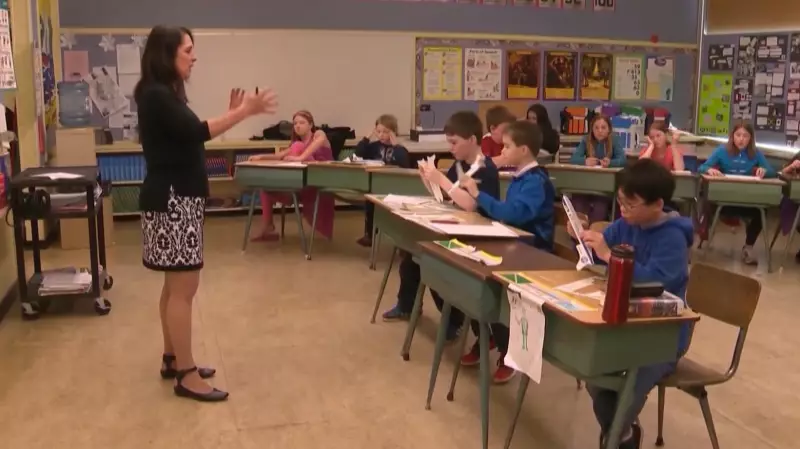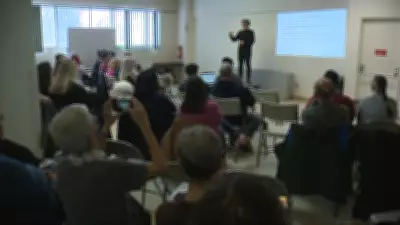
Education experts are sounding the alarm over Alberta's newly implemented mandatory screening tests for young students, with one prominent professor declaring that educators universally recognize these assessments as harmful to children's development.
The Testing Controversy
According to a University of Alberta education professor featured in the original report, the provincial government's mandated screening approach is causing significant concern among teaching professionals. The tests, designed to assess student capabilities across various grade levels, are reportedly creating unnecessary stress and anxiety in classroom environments.
Educator Concerns Mount
Teachers across the province are expressing deep reservations about the new screening protocol. Many educators report that the testing process interrupts valuable instructional time and places undue pressure on both students and teaching staff. The professor emphasized that experienced teachers can already identify struggling students through regular classroom interaction without resorting to formalized testing.
Data Collection Questions
Beyond the immediate classroom impact, questions are emerging about the broader implications of systematic student data collection. The screening program gathers extensive information about individual learning patterns and capabilities, raising privacy concerns and questions about how this data will be utilized long-term.
Broader Educational Implications
The controversy highlights ongoing tensions between standardized assessment approaches and more holistic educational methods. Critics argue that such testing often fails to capture the full spectrum of student abilities and learning styles, potentially leading to misdiagnosis of educational needs.
As the debate continues, parents and educators alike are calling for greater transparency about the testing program's objectives and methodology. The professor's comments reflect a growing sentiment that educational assessment should support, rather than disrupt, the learning process.





